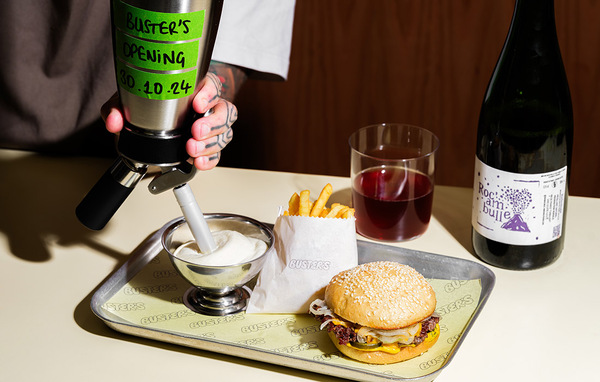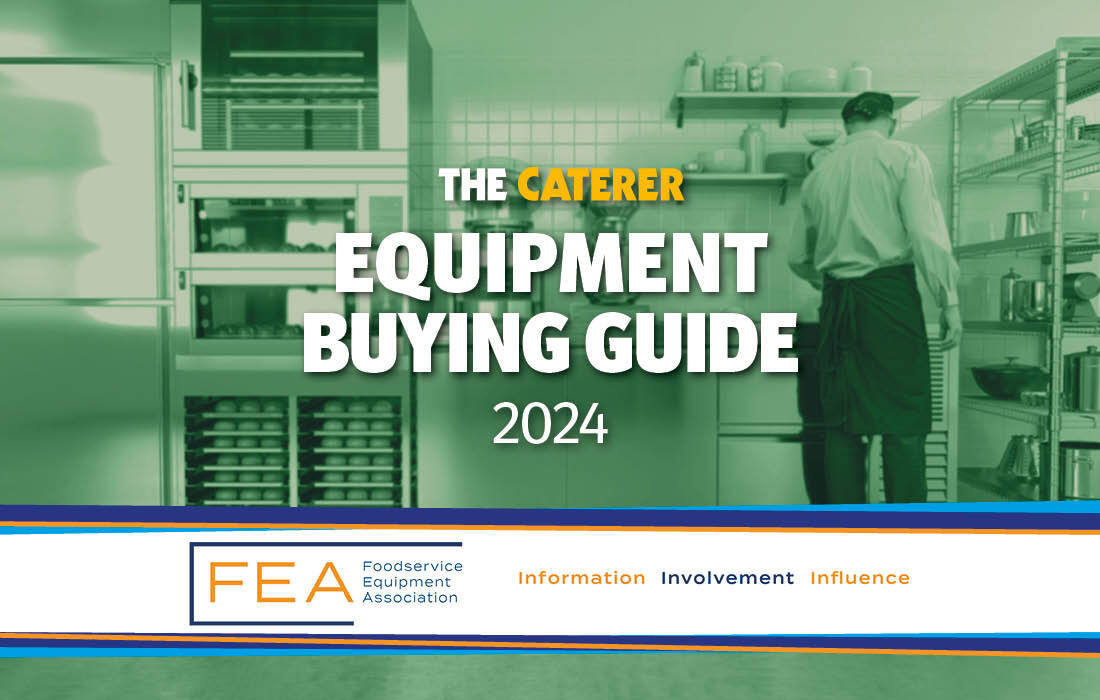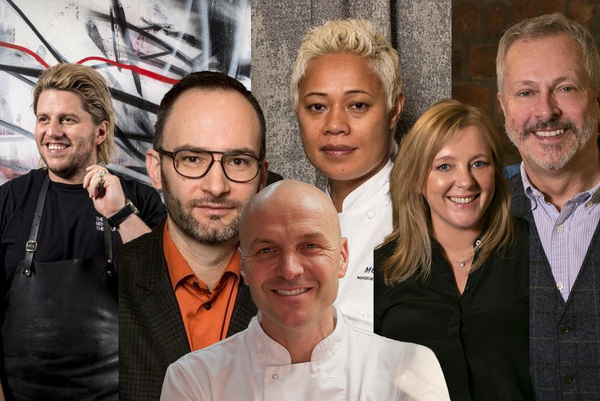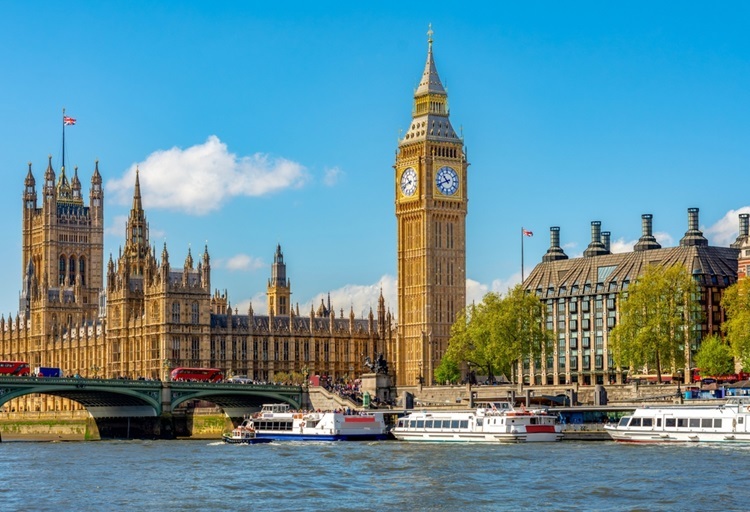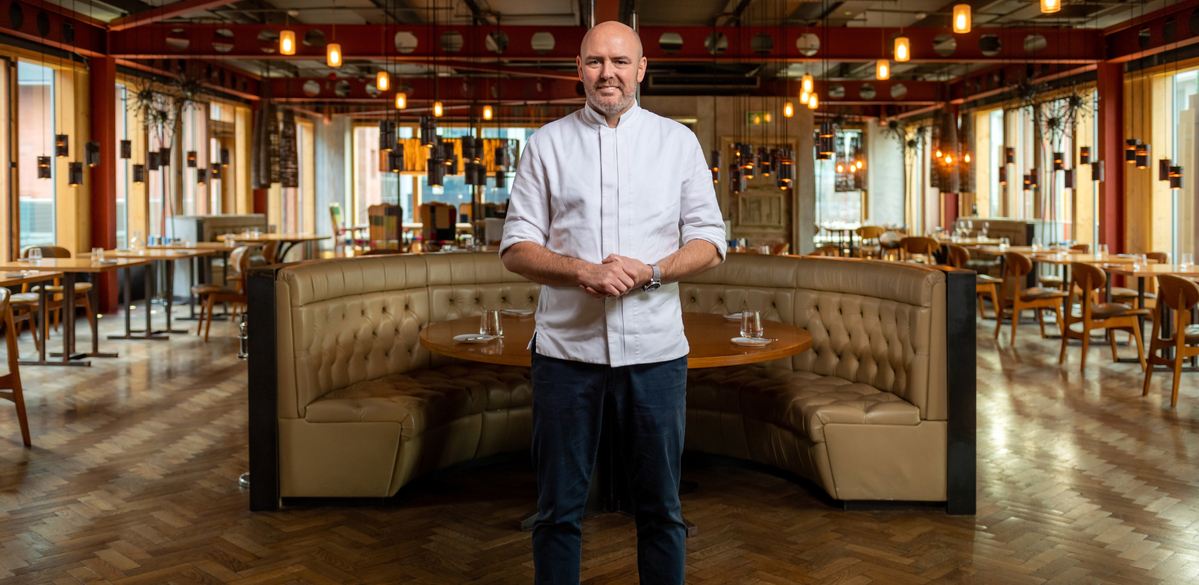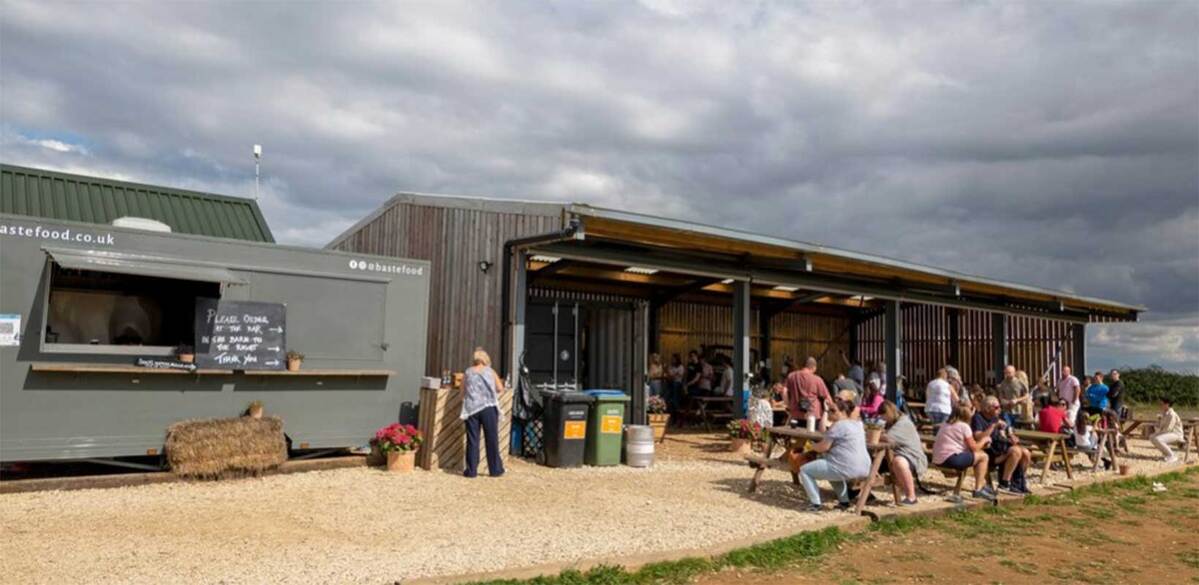Viewpoint: Eat out to help our fishermen, says Teresa Portmann of Call4Fish
With more than 100 commercial species in British waters, there’s no excuse for importing fish and seafood. Teresa Portmann explains how chefs can support the UK fishing industry with their menu choices.
A study conducted by marine charity Seafarers UK in 2019 demonstrated that most small-scale inshore fishermen around the UK coast had little or no savings or financial resilience within their micro-businesses.
That was before Covid-19, when all the fishing industry had to worry about was navigating poor fishing opportunities, reduced days at sea and changing weather patterns.
But by the end of February 2020, export markets across the EU were collapsing and prices across UK auctions began to fall in line with demand. Then, in March 2020, the first UK lockdown was put in place; almost overnight UK trade stopped and prices plummeted, leaving merchants only able to deal with the few fish shops that remained open.
Responding quickly, we set up a not-for-profit listing service called Call4Fish to work with fishermen, fishmongers and merchants across the country to assist them in online retail and delivering to private homes.
It was a free service to ensure that no matter where people were forced to stay in the UK during lockdown, they had the ability for a fish box to be delivered within 24 hours. We started in Plymouth, but by the end of the first week we had listings from Berwickshire to Jersey. Prior to lockdown many of these businesses relied heavily upon export and UK hospitality; they had to traverse a steep learning curve into prepping, packing and shipping for a home market that did not exist before.
The fishing industry was not allowed to furlough ‘share fishermen’ (those not under a contract who earn a share of the earnings of a boat), and in many cases the government support amounted to less than £3,000 for the whole year – hardly enough to cover fixed costs like insurance and mooring dues, but they kept fishing to try and stabilise prices and keep us all fed.
Some fishmongers partnered with colleagues in hospitality, and we saw cook-along boxes from Mark Hix, Rick Stein and other notable chefs. However, nothing can compare to the joy of eating out, nor the support the fishing industry gets from hospitality in the UK when it is permitted to open.
If all that wasn’t a challenge enough for the fishing industry, Brexit promises made were nowhere to be found in the EU-UK Trade and Cooperation agreement. It has been well-documented that export markets have become unviable for smaller traders while red tape is killing the market for others.
So here is our simple plea: please #EatOurFish. We know as restaurateurs and chefs you have choices. Sometimes there’s the exotic lure of imports of tuna and swordfish – but how about some fantastic hake or turbot steaks instead? Please think about ditching the air miles on your seafood produce and choose British seafood instead.
Please think about ditching the air miles on your seafood produce and choose British seafood instead
At the lower end of the price scale, maybe pass on the pangasius and try some British white fish fillets from smaller sizes of prime species like Dover sole or lemon sole. Paupiettes or goujons from the smaller fish are well-priced, with fabulous dishes to be created for all price points. Consider experimenting with sizes of fish not just species: often the smaller sizes are much more affordable.
With more than 100 commercial species fished in our waters, from anchovies to zulu fish, please ask yourself: do you need to buy anything that does not come from our waters? Our fishermen and coastal communities, in particular our small-scale inshore fleet, need support and we would be most grateful if you could challenge yourselves to use British seafood every day.
Teresa Portmann is a marine and fisheries consultant and co-founder of Call4Fish (Call4FishUK@gmail.com)


